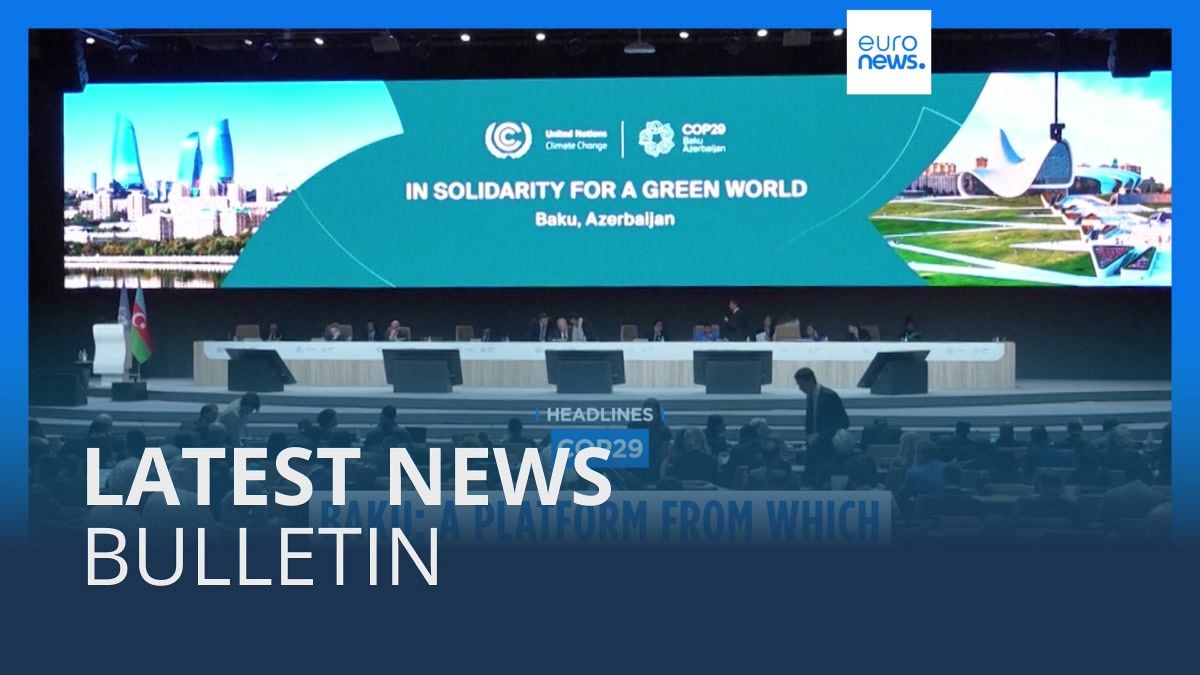Europe's Waters in Crisis: Protecting Our Shared Resource

Europe's drinking water supply is facing unprecedented challenges as pollution, droughts, and floods wreak havoc on its ecosystems, lakes, rivers, and coastlines. The situation has reached a boiling point, with many countries struggling to cope with the consequences.
In an investigation by Euronews, our team embarked on a journey across Europe to delve into the issues affecting water resources and explore ways to mitigate them. From Poland's rivers plagued by pollutants to Spain's drought-affected cities, we spoke to experts, scientists, and residents about the human cost of environmental degradation.
Pollution remains a significant concern, with plastics, chemicals, and agricultural runoff threatening water sources. In some regions, wastewater treatment plants are struggling to keep up with increasing loads, putting even more pressure on already stressed water supplies.
"We're talking about losing half of Europe's freshwater by 2050," warned Dr. Maria Rodriguez, a water scientist from Spain. "This is not just an environmental issue; it's also an economic and social one."
But there are solutions in the works. From innovative wastewater treatment technologies to sustainable agriculture practices and eco-friendly water management systems, we explored some of the best ways to protect Europe's waters.
One promising approach is green infrastructure – using natural or semi-natural systems to manage urban runoff and reduce the burden on stormwater sewers.
"Green roofs, rain gardens, and infiltration ponds can do wonders in reducing pollution," said Sophie Dupont, an expert from France. "It's all about finding what works locally and scaling it up."
The European Union has pledged to take action against water pollution and promote sustainable consumption patterns in schools. Euronews also spoke to policymakers who believe that investing in water infrastructure is crucial for the EU's economic future.
"Water security is a top priority, and it requires immediate attention from governments, businesses, and individuals across Europe," said EU Environment Commissioner Virginijus Sinkevicius.
As the debate over water management rages on, those of us relying on shared resources must take responsibility. By taking small steps – reducing plastic usage, conserving energy, or simply washing our cars at home – we can collectively make a difference.
Join us next time as Euronews explores more on this pressing matter and finds out how you can get involved in protecting Europe's waters for future generations.
This is [Your Name], reporting for Alayaran.com
